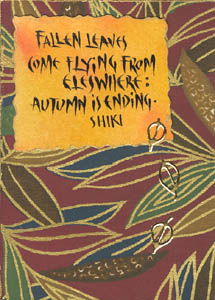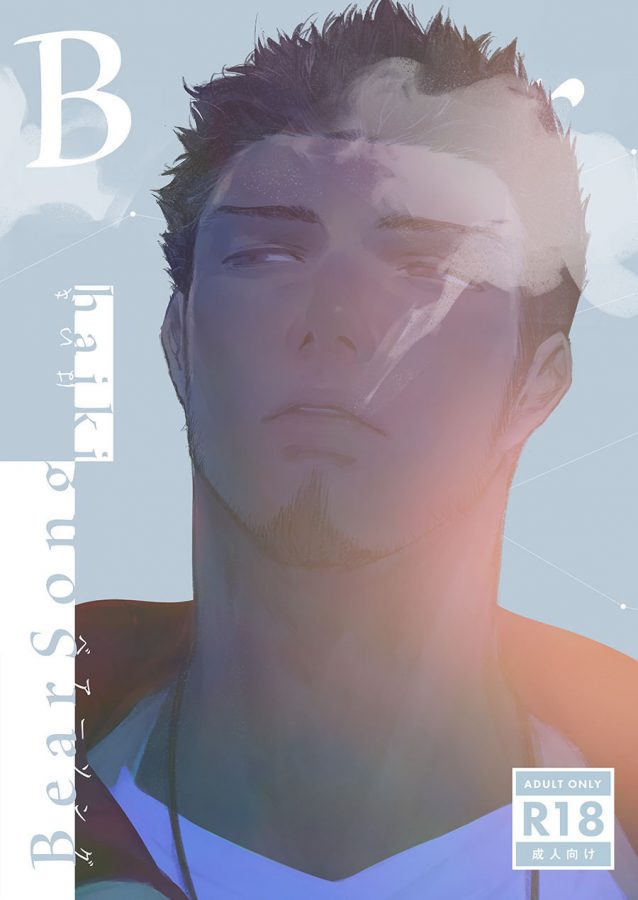

I hope you guys enjoyed learning a very brief lesson about my all-time favorite Korean poem! Please let me know what you think about any part of this post in the comments. Instead, the actions and diction are sorrowful, yet gentle. The diction used does not indicate that the speaker is hateful or disrespectful towards the woman. Although the connection is no longer there, the speaker has an apparent respect for the woman. This line implies that the female, if the poem is about a relationship, is believed by the speaker to have grown tired of him. The poem opens and closes with the phrase “When you go, sick of seeing me…”, which is why my interpretation of the poem is about a broken relationship. He knows she is going to leave, and he makes an effort to send her off beautifully, without malice, even though it clearly hurts him. He spreads the beautiful flowers to send her off, which to me comes off as a symbol of love, but also sorrow. My interpretation is that the So Wol is the speaker, sending off a girl he loved who broke his heart. On the surface it appears that the poem is about a relationship ending. Azaleas are a fairly popular Korean flower, which also builds on the idea that it represented his homeland. This poem specifically is believed to have been a symbol for his connection to his beloved home that was lost.

The poem implies that the area is beautiful and blooming with Azalea flowers, but it is unfortunate to note that the state of the mountain is not longer as pretty as what can be imagined through this poem. It served as a symbol of Korea’s struggle for independence under Japan, and its relevance has remained throughout decades of division and fraternal hostilities.”Īn interesting part to address is the first line of the second stanza, “From Mount Yak in Yongbyun.” For those of you who are unfamiliar with the geography of Korea, Yongbyun is a famous city in North Korea. According to, “Arirang” is, “A tragic song of separation and lost love, Arirang is a national symbol not only of Korea’s distant past, but also its turbulent modern history. The song is renowned in Korea, and often considered to be the unofficial anthem. The poem “Azalea flower” is meant to sound like a traditional Korean song titled “Arirang”. His poetry resembles a traditional folk song style. Most of his poetry was created before he was 25 years old. Supposedly the quality of his work worsened over the years, and So Wol resorted to drinking.

For two years he worked hard to build his career in literature, appearing in newspapers every now and again. In 1923 So Wol went Japan, apparently to study, but returned to Seoul within the year. One interesting fact is that Kim So Wol’s real name is actually Kim Jeong Shik. There he met Kim Eok, who became So Wol’s mentor for years to come. At age 15 So Wol was entered into Osan Middle School. When he was younger, his grandfather taught him classical Chinese. Kim So Wol’s grandfather played a large role in his education. In December of 1934 at age 32, he is assumed to have committed suicide, which some attribute to his father’s mental illness. Kim So Wol was born on Augin North Kwaksan. It can provide context for the author’s writing style as well as offer another interpretation for meanings of behind poetry. When learning about literature, understanding the author’s background is crucial. The title “Azaleas” is actually the name chosen for the collection of his works! Below I included a photo with both the Korean and English translation of the poem. 진달래꽃 (cheen-dal-lay kot) AKA Azalea Flower is one of many famous poems written by 김 소월 (Kim So Wol). I want to keep this blog interesting and open minded, so I am not going to focus so much on the analysis of the poetry, but rather provide a basis for understanding the significance of this piece. At the Korean camp I attended these past 5 years, the poem was actually turned into a song and dance that I was able to teach some of the younger villagers! Also, during a special lecture from the dean of my camp and Stanford professor, 다희(Dahee), I was able to analyze and translate this text. I will introduce you to my favorite piece of Korean poetry! I chose to start off strong with a nation I am very passionate about, and a language I love learning! The poem I chose to discuss is very personal to me.


 0 kommentar(er)
0 kommentar(er)
